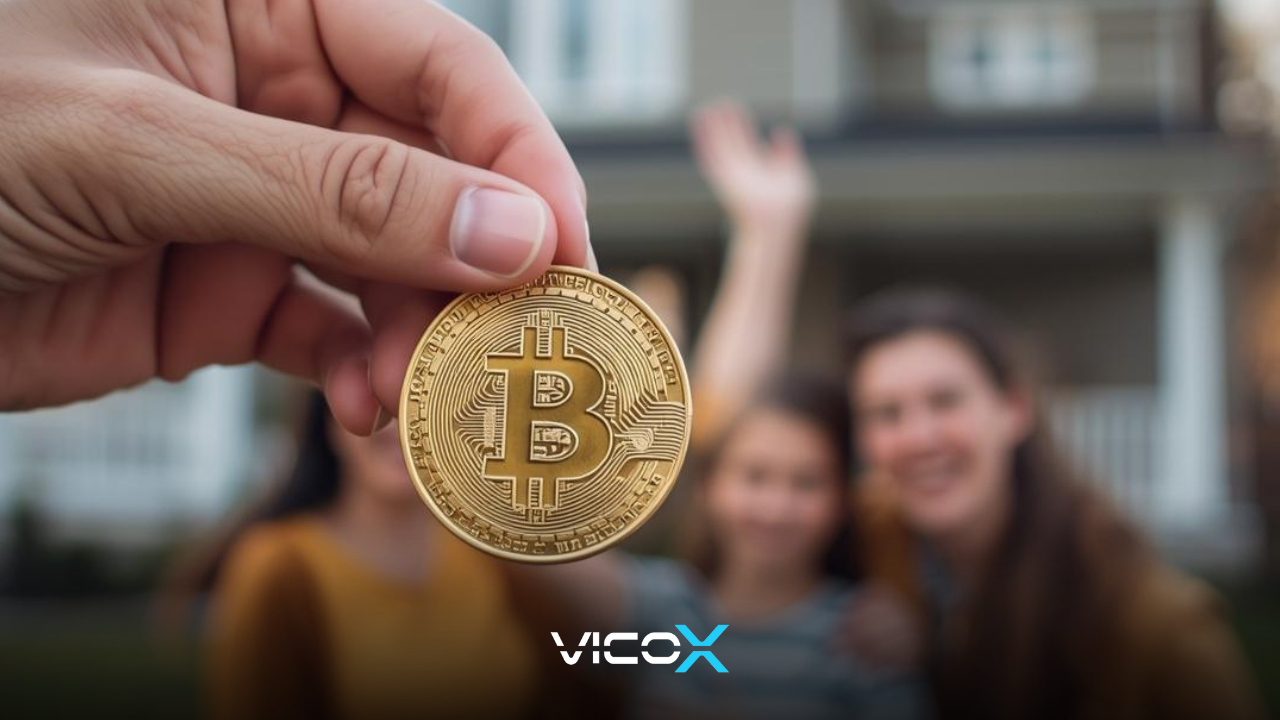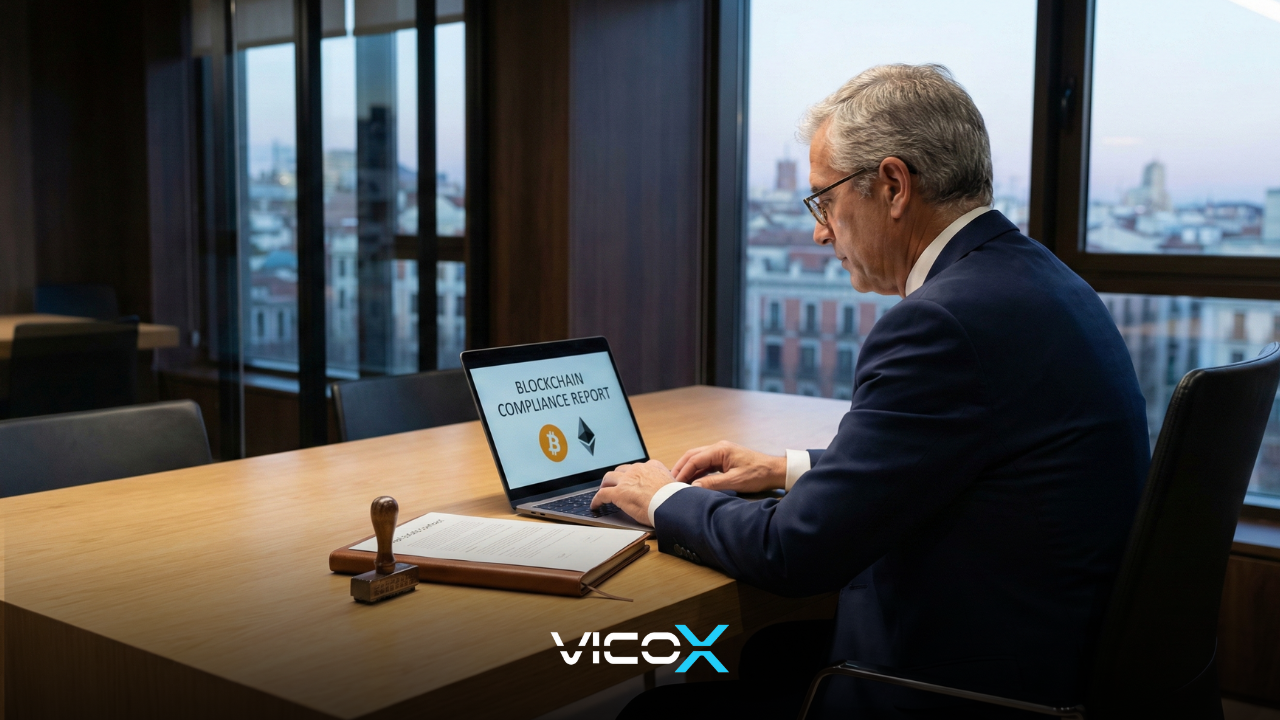The bond tokenisation procedure and the advantages of using the Blockchain for debt issuance.
Bonds are units of debt that are issued as tradable securities in the market. The bond is one of the forms of debt securities, fixed or variable income. They can be issued by a public or private institution with the aim of raising funds directly from the financial markets. The issuer undertakes to repay the principal together with interest, while the money or funds raised can be lent to institutions for a defined period of time at a fixed interest rate. It is a classic, recognised and highly regulated financial instrument. Recently, however, a new possibility for debt-issuing corporations has emerged thanks to the blockchain: the tokenisation of bonds.
Blockchain technology facilitates this issuance procedure significantly through the tokenisation of bonds. It is only necessary to file a prospectus with the CNMV and to comply with current regulations in order to launch the bonds on the market.
Since the bond is a real claim on the debt it represents, in this case by means of the token, the intention is to create a vehicle representing that claim. In other words, the token represents the right of the bond but does not confer that right on the holder of the bond. Rather, it will be necessary for the right to be registered on the blockchain by means of a Smart Contract.
The benefits of bond tokenisation and Smart Contracts
The main benefits of bond tokenisation lie in the use of Smart Contracts, in this case Hashed Time-Locked Contracts (HTLCs). In practical terms, this means that the recipients of a transaction have to acknowledge payment by generating cryptographic evidence within a certain period of time.
By formalising these Smart Contracts, the obligations of the parties are fulfilled automatically. In addition, this system streamlines the operations and processes of both manual issuance and execution. These processes are currently slow and labour-intensive. It also allows the inherent advantages of blockchain technology, such as a single, accurate record of transactions, simplified taxation and better monitoring of debt holders, to be exploited.
The procedure for issuing tokenised bonds
Let's look at the procedure for issuing tokenised bonds. First, the following prerequisites must be met in order to create the tokens:
1) There must be a legally binding off-chain document that provides proof of the existence of the security to be represented.
2) The money to be represented must be deposited in an account with a custodian.
3) Once these requirements are met, the tokens can be created.
Once we have created our tokens, we can sell them on the market by formalising an HTLC through a procedure called "delivery-versus-payment" (DvP) which follows the following scheme:


1) Once the off-chain legal documents are in order, handed over to the custodian, and the CNMV gives the go-ahead, the bonds are ready for tokenisation. Each respective bond is created in a smart contract and sent to the issuer's wallet.
2) Simultaneously the investor's money is stored in an off-chain custody account, the fiat money is converted into stable coins via the respective SUSD Contract and sent to the investor's wallet.
3) At this point, two smart contracts must be formalised: one of them for the purpose of white-listing to analyse the suitability of both the issuer and the investor and the other, the HTLC, to execute the DvP transactions.
4) The last step is to exchange this tokenised money, already in the possession of the issuer, for the equivalent fiat money to release the money from the blockchain.
Use cases
The Santander group recently tokenised €20M worth of securities and, through its subsidiary Santander Corporate & Investment Banking, executed the issuance and sale of the bonds that remained on the bank's balance sheet through an unidentified third party subsidiary. It is important to note that the entire transaction was conducted on the Ethereum network, the second largest in the cryptoasset ecosystem behind Bitcoin.
Other organisations such as the World Bank, the Austrian government, BBVA and BNP Paribas and several investment funds have also issued their own tokenised bonds.
At Vicox Legal, experts in the field, we have been advising important companies interested in issuing tokenised bonds in Spain and we can answer all their questions on the subject. There is a growing trend in the supply of tokenised securities, which suggests that this is just the beginning. Eventually this form of decentralised debt issuance will become the new industry standard.
There is a growing trend in the supply of tokenised securities that suggests that this is only the beginning. Eventually this form of decentralised debt issuance will become the new industry standard.




